Dental emergencies are just as concerning as trauma to any other part of the body. Which is why immediate assistance from an emergency dentist is critical to prevent further damage.
Unfortunately, most people experience some sort of dental emergency in their lifetime, if not a couple, but we often find that very few of them know and understand what constitutes a dental emergency and the importance of immediate care.
Fortunately, with our expertise, you can be sure of what to do in these situations. Read on here.
What is a Dental Emergency?
A dental emergency is any issue that persists, such as bleeding and pain, or when you have suffered direct trauma to your mouth. If pain won’t subside with medication or you have sustained broken facial bones, immediate dental care is required.
Common Dental Emergencies And Treatment
It is important to know that all dental issues require care, but not all of them are considered dental emergencies. To help you understand which issues require immediate emergency dental care, we have compiled a list of common emergency cases. Read below on how to manage them until you can seek medical attention.
- Severe toothache. If toothache persists after taking OTC pain medication, such as Ibuprofen, apply a cold compress to reduce any swelling and discomfort and visit your dentist as soon as possible.
- Badly cracked tooth. If you experience bleeding and swelling after cracking your teeth, fill the space with gauze and apply a cold compress to the affected area.
- Knocked-out tooth. The most important thing to do is retrieve the knocked-out tooth, rinse the tooth root under warm water, and insert it back into the socket. If you are unable to fit it back into place, keep it in a container of milk and rush to your nearest dentist.
- Tooth abscess. If a dental abscess has developed to the point of causing facial swelling, immediate dental assistance is required. If left untreated, it could cause damage to the surrounding tissue and teeth. To manage pain and discomfort, apply a cold compress and rinse your mouth regularly with a saltwater solution.
- Severe soft tissue injury. Soft tissue areas include the lips, cheeks, tongue, and gums. To control bleeding, apply pressure to the site with dampened gauze and apply a cold compress. You should maintain consistent pressure on the affected area until you have reached your dentist or nearest emergency room.
An emergency dentist is your best chance of minimising the damage and alleviating your pain. Restorative dentistry is also more likely when dental emergencies have been addressed swiftly. If you are unsure, call us for an emergency dentist booking today at Newcastle City Dental.




